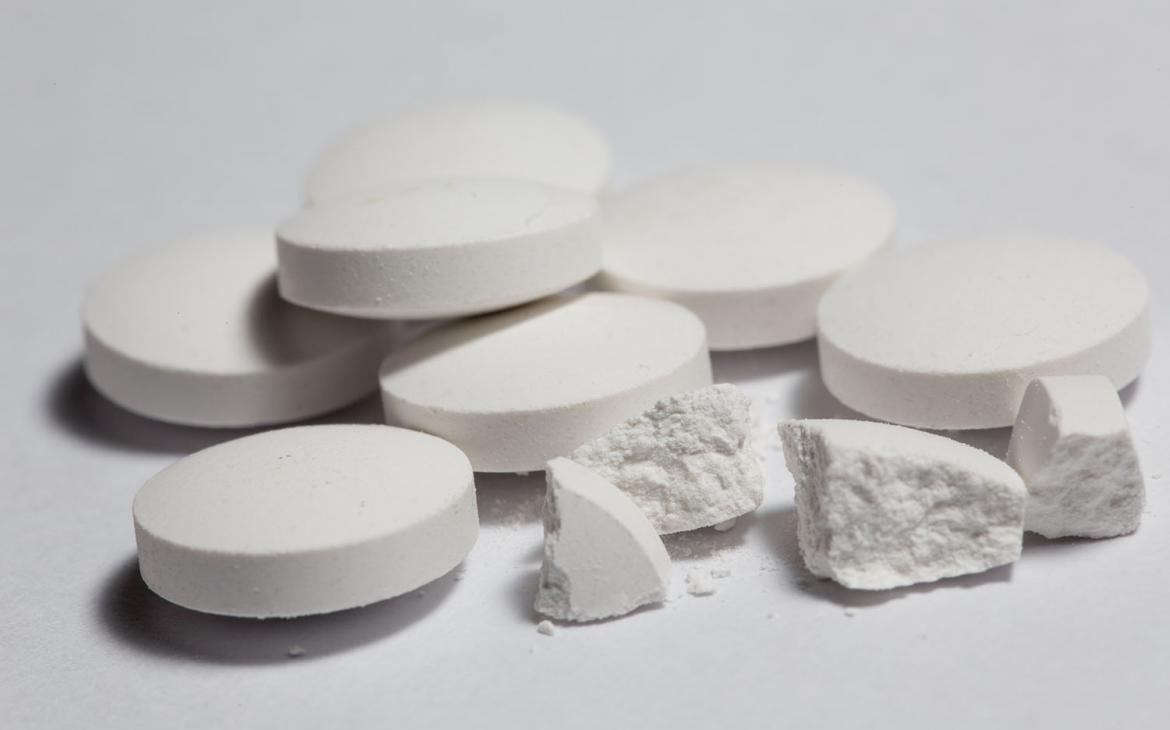
At the U.S. Pharmacopeia (USP) we recognize that fulfilling our mission to improve public health through quality standards and related programs can also help to address pressing social and environmental challenges. To build on progress made in helping to meet these challenges, over the past year USP has expanded its approach to embedding key environmental, social and governance (ESG) considerations across its operations.
ESG commitment
As a nonprofit standards-setting organization driven by its public health mission, USP is committed to a focus on ESG considerations that foster a healthier, more sustainable world. This includes a focus on ESG topics most relevant to USP’s operations, standard-setting activities, our stakeholders’ expectations and priorities, and – most importantly – where USP’s work can have a disproportionately positive impact.
With this imperative in mind, USP is working to adopt relevant, established ESG reporting metrics along with some new ones that are especially connected to USP’s work. While reflecting the positive impacts of USP focus areas, in many cases these efforts also will facilitate data collection, target setting, and information sharing that can help USP stakeholders meet their own ESG goals. Importantly, these efforts can provide USP Convention Member organizations and Expert Volunteers with even more transparency on the impact we are collectively making to improve global public health, bolster environmental sustainability of the pharmaceutical supply chain, and build trust in science-based institutions like USP.
Leadership driving impact
To fulfill this commitment and help drive impact, in 2023 USP created an ESG executive-level committee and multiple work groups across our organization focused on advancing related operational objectives. As part of this work, USP conducted initial materiality assessments to identify the ESG issues likely to be most impactful to operations and stakeholders. USP selected elements of the widely used Global Reporting Initiative (GRI) framework to facilitate related information gathering that will help us track performance, set goals and drive progress. USP also worked with external consultants to assemble baseline data on greenhouse gas emissions and energy use, materials consumption, waste management, and water use in USP operations. These efforts set the stage for further development and implementation of USP’s approach to sustainability considerations.
Environmental stewardship
At USP, our focus on environmental stewardship and sustainability across our operations includes our efforts to measure and reduce greenhouse gas emissions that impact human health and the environment. USP’s work to achieve related efficiencies and improvements in recent years has included:
- Company-wide waste minimization based on the “3R” approach (reduce, reuse, recycle)
- Consolidation of energy-intensive laboratory facilities
- Air handling system upgrades
- Installation of efficient LED lighting with motion sensors for areas not commonly occupied
- Recycling of protective gloves
- Adoption of more environmentally friendly packaging
For example, upgraded boxes for USP reference standards debuting in mid-2024 are 100% curbside recyclable. In addition, they are more compact and 44% lighter than previous versions, on average. Changes include replacing previously used expanded polystyrene (EPS) thermoplastic foam components with 100% recycled fiber inserts. In addition to improving recyclability and reducing waste, these smaller, lighter boxes offer the potential to help reduce energy consumption and greenhouse gas emissions. For separate external shipping containers, USP has also reduced the need for plastic wrap and is evaluating smaller container sizes and biodegradable packaging materials, as well as a more easily recyclable alternative to EPS for cold-chain applications.
Social impact
USP’s commitment to social responsibility is reflected in its mission to improve global health through quality standards and related programs, as well as through organizational policies impacting employees, USP volunteers and other stakeholders.
USP standards help ensure that medicines meet quality expectations critical to patient safety and public health. From raw materials to production and throughout the supply chain, USP standards enable consistency and uniformity in medicines – no matter the company producing the medicines or where they are manufactured. By providing specifications, limits and testing methods to determine identity, potency, purity, and the ability of a medicine to be properly absorbed in the body, standards facilitate a multi-manufacturer environment and regulatory predictability that helps make the approval process for generic medicines more efficient and bring more quality products to market. These USP documentary standards are recognized in U.S. law and in 50+ other countries, while USP reference standards are used at 22,000+ locations in 150+ nations around the world. USP’s 1,200+ employees and 750+ Expert Volunteers develop these and other quality-focused solutions by working with diverse stakeholders including global manufacturers, regulators, governments, healthcare providers and others.
In low- and middle-income countries, USP also facilitates regulatory capability building and local manufacturing, and provides regulators with no-cost or subsidized access to USP resources, to further support access to quality medicines, health equity across borders, and medicines supply chain resilience. In 2023 alone, USP worked in 56 countries to strengthen supply chains and advance our goals of improving availability and affordability of quality-assured medical products for millions of people. Through the support of key donors including the U.S. Agency for International Development (USAID) and others, we strengthened 22 national medicines regulatory authorities, supported 23 national control and diagnostic laboratories to meet global standards, and advanced quality production with 36 manufacturers for 50 medical products. For more on USP’s global health milestones, see USP’s Global Health Impact Report.
USP standards also can help reduce the environmental impact of pharmaceutical manufacturing by supporting adoption of innovative analytical methods and technologies that rely on fewer and more eco-friendly resources for quality testing of medicines. In recent decades USP has cut by 96% the number of USP-NF monographs that use carbon tetrachloride, an ozone-depleting and hepatotoxic solvent. In addition, USP has reduced by 83% the number of monographs that use benzene – a known carcinogen – for quality testing. And we’ve decreased reliance on animal testing by expanding use of animal-free testing methods. This work helps support biodiversity and minimize environmental impact. Moreover, USP has developed services to support adoption of advanced manufacturing technologies, which have the potential to help cut waste and natural resource usage in drug production.
USP’s commitment to social responsibility is also reflected in its organizational policies, including diversity, equity, inclusion and belonging (DEIB) principles. Helping to leverage and nurture talent from all backgrounds to ensure excellence in outcomes, DEIB principles maximize the effectiveness of essential interactions among diverse stakeholders, including employees, volunteers and others. In 2023 and recent months, this work has included piloting strategic interventions to mitigate the potential for hiring bias and increase diversity, as well as integrating equity principles and practices into USP’s Expert Volunteer recruitment efforts. At USP’s Hyderabad hub, we initiated specialized leadership training to further promote gender equality. USP also debuted an organization-wide strategic initiative to ensure women have equal opportunities to thrive and further foster a diverse, equitable and sustainably desirable place to work.
Organizational governance
USP is an independent scientific organization accountable to its three volunteer governing bodies – the USP Board of Trustees, Council of the Convention, and Council of Experts – to support availability of quality-assured medicines and improve global health. To achieve this goal and maintain organizational sustainability, USP is committed to good governance, effective enterprise risk management, and impactful stakeholder engagement supported by four core values: fostering stewardship, acting courageously, a passion for quality, and commitment to others.
To facilitate transparency and accountability to our volunteer governing bodies on this work, as well as broader stakeholder collaboration, USP provides regular, publicly available reports on our progress, including through the USP Resolutions Progress Report and Council of Experts Activities Report.
Looking ahead
At USP, we look forward to continuing to work with global stakeholders to advance impactful ESG objectives. This includes exploring and implementing potential improvements in USP operations, new and revised quality standards, and emerging analytical testing methods and technologies that may help further reduce the environmental impact of pharmaceutical manufacturing. These efforts are part of USP’s ongoing commitment to fostering a healthier, more sustainable world.

